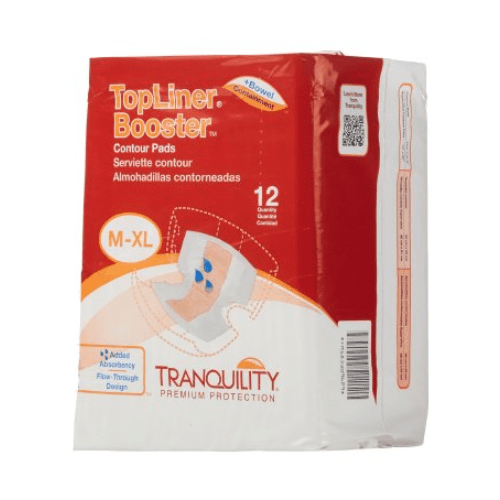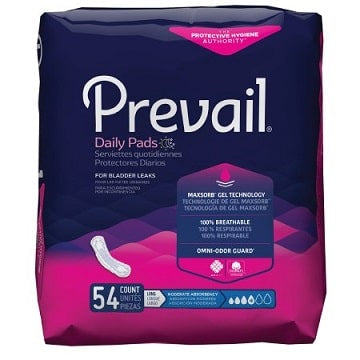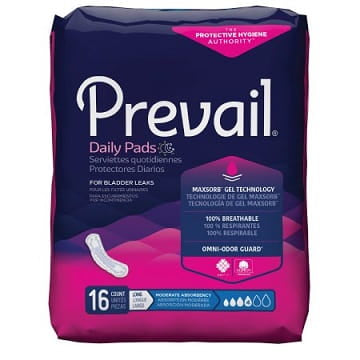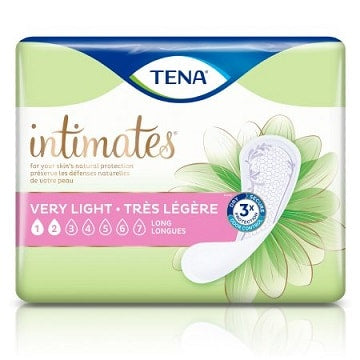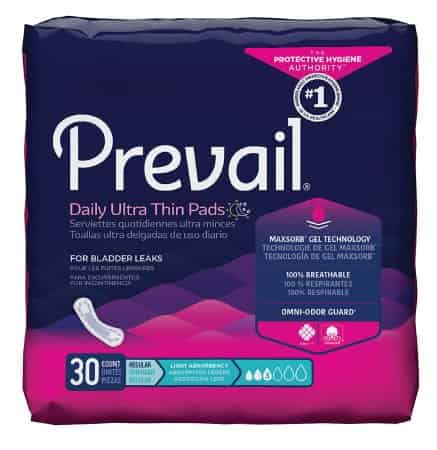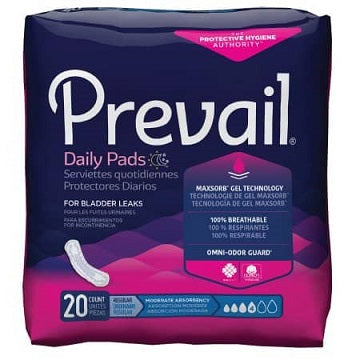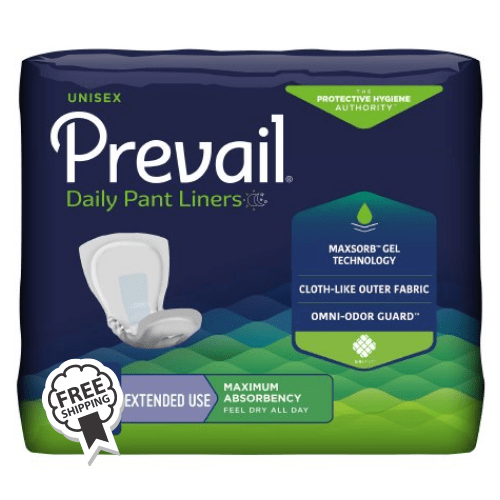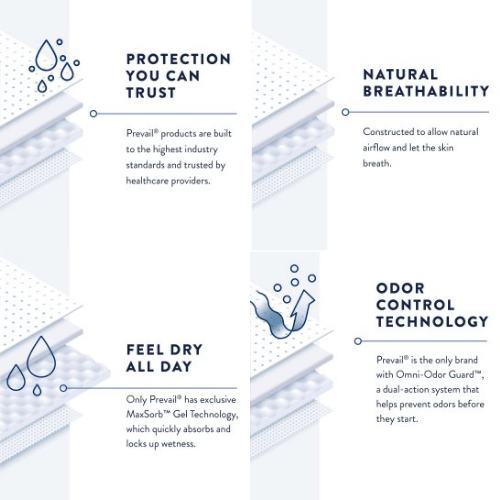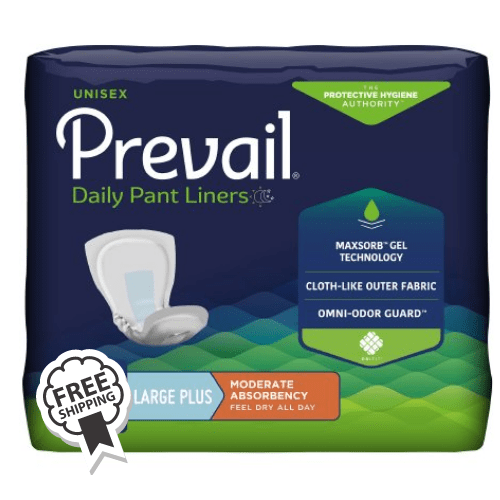Incontinence Pads: A Better Way to Take Control of Your Leakage
Millions of people worldwide suffer from incontinence, and it often goes unreported because sufferers are too embarrassed to seek help. Over one-third of those over the age of 60 suffer from some type of urine leak, requiring the frequent use of incontinence pads. With the right information and support you can take active steps to manage incontinence with dignity.
Who Needs Incontinence Liners
Anyone who experiences either fecal or urinary leakage during the day or night should use an incontinence pad for comfort, hygiene, and odor control.
People who suffer from any of the following types of incontinence can benefit from liners.
- Stress - only occurs during physical activity. This is most common for women.
- Urge - is the inability to control the sudden urge to go.
- Overflow - is sometimes referred to as “drip” and occurs when the bladder isn't fully empty, so it continues to leak even after you use the toilet.
- Functional - typically relates to a problem such as advanced Alzheimer's disease, or mobility restrictions where the patient is unable to use the bathroom on their own.
- Reflex - is due to spinal or neurological trauma or disease, creating little to no bladder control.
Benefits of Wearing Adult Incontinence Pads
Pads keep everyday living comfortable and dry. These products allow you to enjoy activities you normally would and travel with confidence.
- Eliminates carrying around unnecessary items such as wipes, plastic bags, and an extra pair of dry pants.
- Allows you to manage your sensitive bladder with confidence.
- Disposable options are both hygienic and convenient.
Types Of Incontinence Liners
Pads are not one-size-fits-all. There are several types to meet your individual needs.
- Women’s Bladder Control Pads: An absorbent pad that rests inside underwear and comes in many shapes, sizes, and designs.
- Men’s Guards: Shaped and form-fitted to fit around male genitalia and absorb moisture.
- Booster Pads: Designed to wear inside an existing incontinence product, to provide extra absorbency.
- Belted Undergarments: Similar to pull-ups or tab-style diapers without the sides.
- Bowel Pads: Bowel pads are specially designed to capture bowel incontinence.
- Pant Liners: Pant liners are very large and highly absorbent pads created for bariatric users.
How To Wear an Incontinence Pad?
Wearing a liner may take some time to get used to, but the process is very simple.
1. Try several products until you find a pad that is comfortable for you.
2. Wear the pad inside your regular underwear
3. Change as necessary, when you use the toilet.
How To Choose the Right Incontinence Liner?
It’s important to choose the right liner. Too small leaves you feeling unprotected, too big is bulky and uncomfortable.
Here are a few guidelines to help you shop successfully:
- Breathability and skin friendly. Choose a liner that is breathable and latex-free (if you’re sensitive to latex).
- Look for the smallest pad that will suit your severity level to avoid unnecessary bulk.
- Choose a reliable brand by reading reviews of other users.
- Look for odor control technology.
- Consider different products for daytime vs. nighttime protection
- Consider the pros and cons of disposable vs. reusable products.
FAQs About Incontinence Pads
If I find that using one incontinence pad is not sufficient, can I just use two of my current incontinence pads together?
No, that’s not how incontinence products work. You can use a booster pad or select a more absorbent product.
How many incontinence pads per day should I use?
You should change your pad every time you use the toilet, or every 3-4 hours.
Take Control of Your Incontinence Problems
Incontinence can be upsetting, overwhelming, and can impair your quality of life. Wearing incontinence pads can help you get back to your normal routine.
Whether you’re recovering from surgery, post-partum, or just leaking a little more than usual, our variety of products work to protect you and your body throughout the day.





